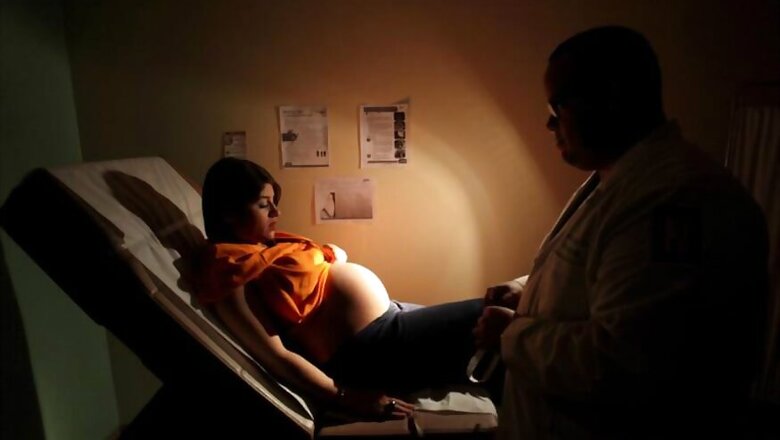
views
A mosquito-borne disease which in people is restricted mostly towards being a mild infection, the Zika can be more serious for women who are expecting children. There is growing evidence that it causes birth defects called microcephaly or children having abnormally small heads along with brain damage.
According to a story published in Webmd, Zika has also been linked to Guillain-Barre syndrome, a condition in which the immune system attacks the nerves.
Notably, the first confirmed case of Zika virus was reported by the Ministry of Health and Family Welfare-Government of India (MoHFW) on September 21, 2018, when the mosquito-disease infected a 78-year-old woman in Jaipur, Rajasthan, according to the World Health Organisation (WHO).
Zika virus was first identified in 1947 in Uganda and is transmitted by the Aedes mosquito. Incidentally, this is the same type of mosquito that is the carrier of dengue, yellow fever and the chikungunya virus. Protection from mosquitoes thus becomes of optimum importance in the fight to combat the Zika virus. Unlike other mosquito-borne diseases, the Zika mosquitoes are most active during the day, especially mid-morning and then from late afternoon to dusk.
The CDC (Centers for Disease Control)has confirmed that Zika can spread through sex, usually after a person visits a Zika infected area gets the virus and transmits it to a sex partner who did not travel, even if they show no signs of the infection. Furthermore, after the mosquito-borne disease has infected a woman, she can pass the virus on to their unborn baby.
Symptoms of Zika
The symptoms of Zika include fever, rash, joint pain, itching all over the body, a high temperature a headache, joint pain (with possible swelling, mainly in the smaller joints of the hands and feet), muscle pain, red eyes (conjunctivitis), lower back pain and pain behind the eyes.
To reduce the risk of contracting the mosquito-borne disease, protection from mosquitoes is of optimum importance. One should seek travel health advice before travelling and check if the country one is visiting has a risk of Zika virus transmission.
Furthermore, to reduce the risk of infection, one should avoid being bitten by the Aedes mosquito. The most effective protection from mosquitoes includes making use of a mosquito repellent that contains DEET (N, N-diethyl-meta-toluamide) on exposed skin after sunscreen has been applied, wearing loose clothing that covers the arms and legs and sleeping under a mosquito net in areas where malaria is also a risk, according to the NHS.
While there is no specific treatment or medicine or the Zika virus, there are a few CDC guidelines one can follow. These include getting a lot of rest as well as drinking fluids to prevent dehydration. Taking paracetamol may also help relieve symptoms. One should first seek urgent advice to help rule out a malaria diagnosis, and on it being ruled out seek immediate medical advice, the NHS suggests.




















Comments
0 comment